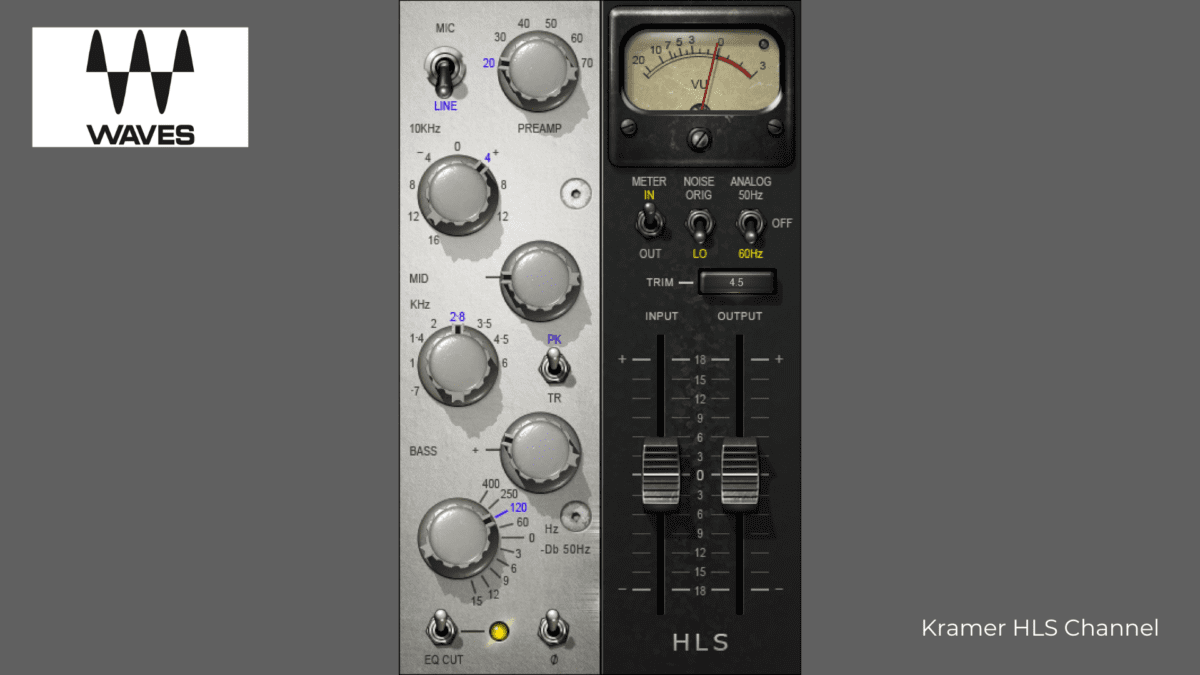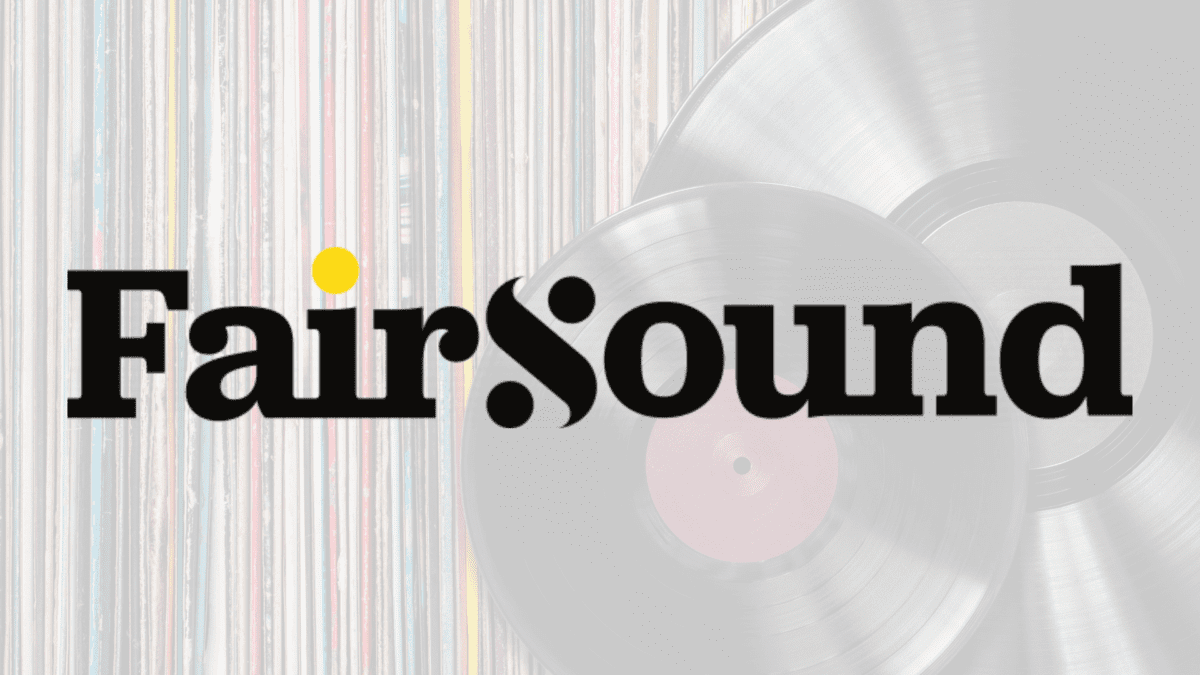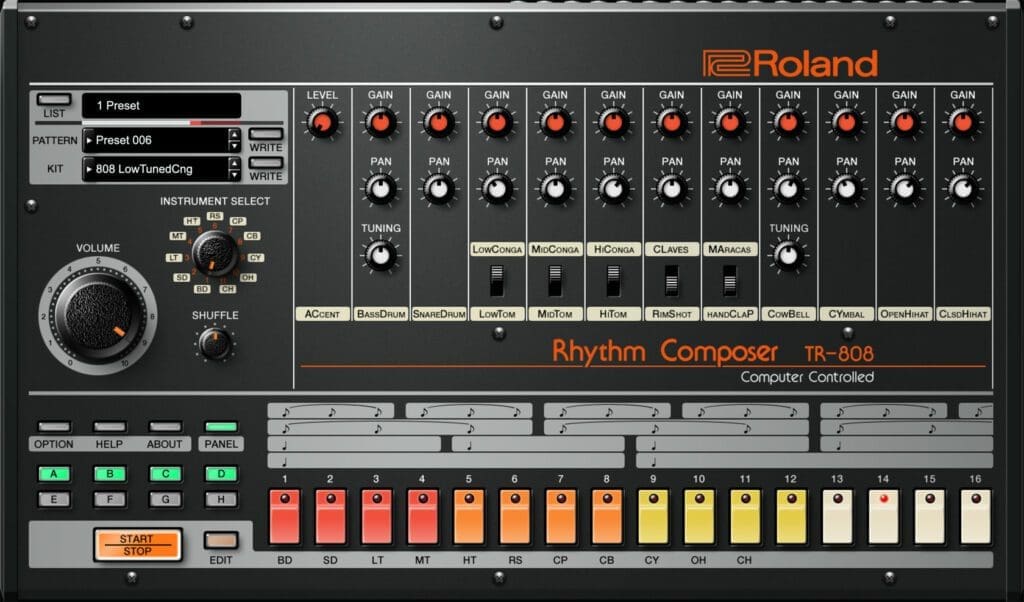
Music has been a powerful force for centuries, and its influence on culture, emotions, and creativity is undeniable. But what many people don’t know is that there is a specific frequency that has become a staple in the music industry. This frequency is known as the 808 frequency, and its origins can be traced back to the early days of hip-hop and the acid house sub-culture.
In this article, we’ll explore the history and impact of the 808 frequency, and how it has become an integral part of modern music production.
What is the 808 Frequency?
The 808 frequency is a frequency range used in music production and sound engineering. It is a low-end frequency range that is used to create a deep and powerful sound. It is often used in hip-hop, trap, and EDM music.
The 808 frequency was first used in the early 1980s by the Roland TR-808 drum machine. This drum machine was used to create a unique sound that was not possible with other drum machines at the time. The TR-808 was used on many popular songs in the 1980s, including Marvin Gaye’s “Sexual Healing” and Afrika Bambaataa’s “Planet Rock”.
This sound has become an integral part of modern electronic music, and its influence can be heard in genres ranging from hip-hop to techno. The sound of the 808 frequency has become so iconic that it has been used in countless songs, and it has become a staple of modern music production.
808 and The Dance Music Scene
The 808 frequency has had a huge impact on the electronic dance music scene. It is a low-frequency sound that has become a signature element in many genres of electronic dance music and was first used in the early 1980s by Roland, who released the TR-808 drum machine. This machine allowed producers to create a sound that was different from the traditional drum machines of the time.
The 808 frequency has become so popular that it has become an iconic sound in the electronic dance music scene and is often used by some of the biggest names in the industry, such as Skrillex, Diplo, and Deadmau5.
808 Frequency and Acid House Culture
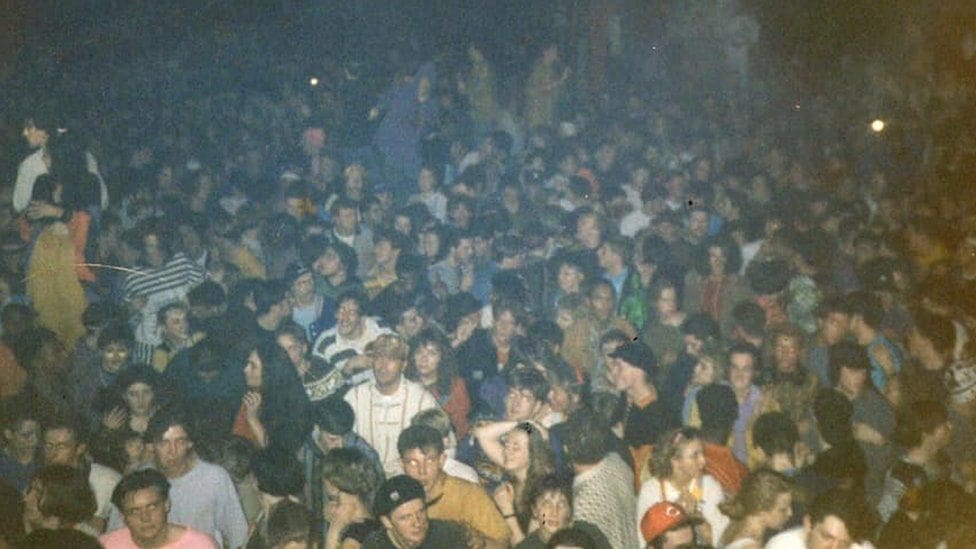
The 808’s unique sound was integral to the development of the acid house genre in the late 1980s. Its low-end bass drums and hi-hats, combined with its ability to generate and manipulate synthetic sounds, allowed producers to create the distinct basslines and rhythms that are now associated with acid house. The 808’s ability to modulate sounds and create unique patterns helped to define the genre and establish it as a distinct style of the godfather of electronic dance music.
The 808’s influence can still be heard today in a variety of genres, from techno and trance to dubstep and trap. Its signature sound is a staple of modern electronic music, and its impact on the acid-house scene is undeniable. It had a profound influence on shaping the music of iconic dance music producers like Afrika Bambaataa, Mantronix, The Prodigy, Fatboy Slim, The Chemical Brothers, Orbital, Leftfield, and many many more.
808 State and the 808 Revolution
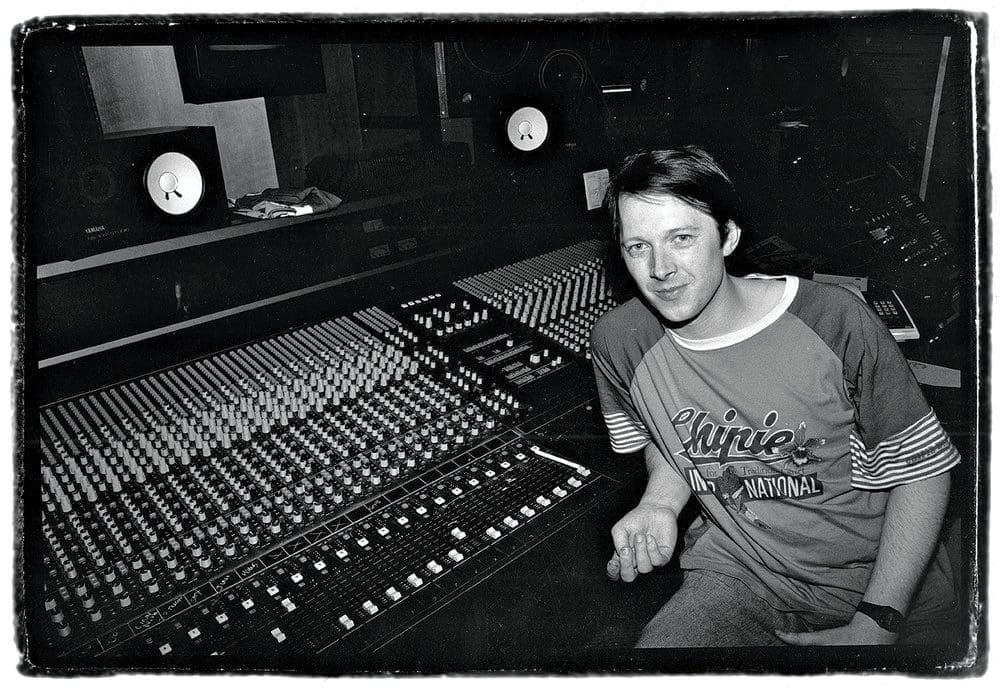
The most famous electronic music producers who were influenced by the 808 Frequency that Roland gifted the music world, loved it so much that they named themselves after it – the iconic 808 State.
808 State is an English electronic music group that was formed in 1988 in Manchester. The group, which is composed of Graham Massey, Martin Price, and Gerald Simpson, is widely credited as one of the most influential and pioneering acts in the development of the UK’s electronic music scene. They are considered to be one of the earliest and most influential groups to utilize the Roland TR-808 drum machine.
808 State has released several albums over the years, ranging from the experimental Newbuild (1988) to the more accessible ex:el (1991). They have also collaborated with a variety of artists, including Björk, New Order, and A Guy Called Gerald. Their music has been sampled by a range of other artists, including The Prodigy and The Chemical Brothers.
808 State has been credited with helping to shape the sound of the UK’s electronic music scene, with their influence being felt in a variety of genres, including house, techno, and drum and bass. They have also been praised for their pioneering use of the Roland TR-808 drum machine, which has become one of the most iconic and recognizable sounds in electronic music. Their legacy continues to be felt today, with their influence being heard in the work of modern producers and DJs.
Their quintessential track of the late 80s – Pacific – perfectly showcases the use of the 808 Frequency and is as timeless today as it was over 30 years ago.






